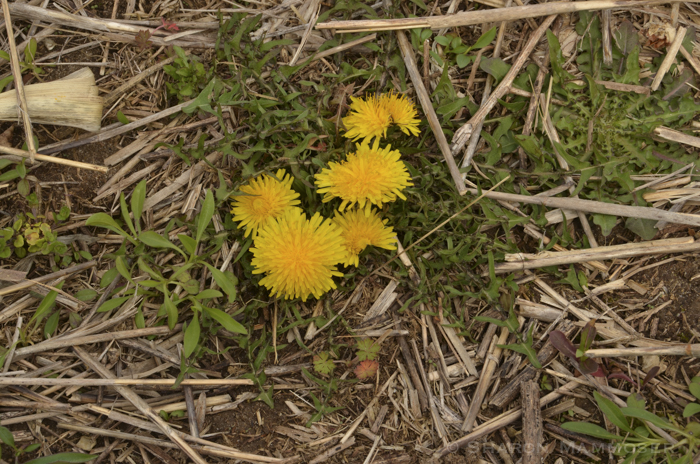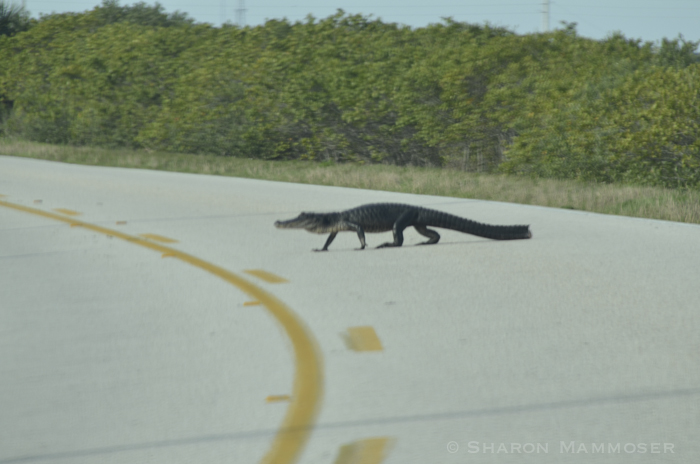Check out the list below to see if you’re guilt of any of these seemingly innocent practices. If you are, consider changing your ways and helping me spread the word.
 1. Releasing Helium Balloons
1. Releasing Helium Balloons
Have you ever gone to an event where dozens of helium balloons were released? Usually this is a symbolic gesture–set the balloons free and then watch as they float gently into the sea of blue. People release balloons for many reasons–to raise funds, at memorials, in prayer, at weddings, … and then what? No one ever thinks about those balloons –which may travel thousands of miles–again. The balloons burst or deflate, but take years to even begin to break down, including the so-called biodegradable ones. Once released, they are out of sight, out of mind. Well what if I told you animals can –and do–DIE BECAUSE of those balloons? That these balloons can be the cause of a slow, painful death that causes needless suffering.
According to a website dedicated to education and stopping this practice called Balloonsblow.org, “Beach litter surveys have shown the amount of balloons and balloon pieces found on the beach have tripled in the past 10 years.” This may not seem like a big deal, but if you are an animal who comes across one of these balloons and doesn’t know any better, it can equal death.
Animals like dolphins, whales, sea turtles and other marine species find these balloons floating and can mistake them for jellyfish or other tasty prey. The balloons get caught in the animal’s digestive tract, often starving the animal to death. And not living close to the ocean is no good reason to continue this practice as balloons can travel thousands of miles and land animals are at risk too–both from ingesting the balloons or being strangled by the ribbons and strings. Go to this website if you need proof of animals who’ve died from balloons.
Please join me in refusing to participate in this dangerous practice that is anything but freeing, happy and healing.
2. Using Roundup 
So you have some weeds in your garden, your yard, along your driveway or wherever and you don’t have time to go out there and pull them all by hand? What do you do? Many people turn to Roundup, buying it at their local Home Depot or Lowes and then liberally applying it to all of their unwanted plants, assuming that hey, if it’s sold in a store, it must be okay. How bad can it be?
Well, Roundup and products like it are actually very bad and one of the major causes of the Monarch Butterfly decline. Others suggest it is killing our honeybees, causing a decline in beneficial insects and affecting amphibians in a negative way. (Ecological Society of America)
The Huffington Post just published an article on April 6th, 2015 about the link between Roundup and Parkinson’s Disease. And other sources (Organic Consumers.org, Environment Health News, Biosafety Information Center, Eco Watch) talk about Roundup potentially being the cause of infertility, autism, Alzheimer’s and many cancers.
Is the ease of this product really worth the possible impacts on both the environment and ourselves? If you are unsure, do some research yourself– I bet you will be appalled at some of the effects of this very widespread chemical– a chemical that in 2007 United States Farmers sprayed 185 MILLION POUNDS on their fields. Imagine what that number might be in 2015 as more and more farmers are turning to genetically engineered foods that are immune to the effects of the Roundup–but the plants, like Milkweed (that the Monarchs depend on) and many others are not.
3.Throwing Food/Trash out the Car Window or just littering in general
So I’ve been there and done that, but not any more…. picture it: You’re driving along the interstate, eating an apple or banana, until you have just the core or skin. It’s natural right? Why not just chuck it out the window where it can decompose and get recycled back into the soil? Isn’t this better than throwing it needlessly in the garbage, you ask? So you roll down your window and toss it out. Then, never think of it again.
But imagine if you could have a camera in a tree, within sight of that now discarded apple core. You know what you might see? An animal like a mouse or squirrel comes along, smelling that apple and so stops to have a nibble. And then, just as he’s engrossed in eating every morsel, a hawk happens by and sees the mouse. And guess what? He swoops down for the kill, but AHHHHH! Instead of getting there, a semi happens by and crashes into him, killing him instantly.
Roadkill. We’ve all seen it. But how many of us ever think we contribute? Any food scrap, be it organic or not has the potential to attract animals to places where they shouldn’t be. Instead of throwing it out the window, next time put it in the garbage, or if you are truly dedicated, make a bag of food scraps and take them home to add to your compost pile.

Litter on the side of the road, in the woods, in the ocean, wherever, has potentially deadly consequences for the animals that discover it. According to one website “Litter can be very harmful to wildlife. Discarded fishing lines can trap the legs, wings, or neck of waterfowl such as swans or moorhens. A fishhook may get stuck in a bird’s throat. Water birds suffer lead poisoning when they accidentally swallow small lead fishing weights. Broken glass can cut the feet of foxes, coyotes, or badgers, and unbroken bottles present a hazard to various small animals. Lizards often crawl inside bottles or cans to bask warm interior, to seek protection or search for food; but they may find it difficult to squeeze out again and can die of overheating. Small mammals in search of food often get their heads caught in the openings of jars. Replacing lids on bottles and jars before discarding can help prevent animals from becoming entrapped. Birds, fish, and mammals may be ensnared by plastic six-pack holders. This can be prevented this by cutting up the plastic rings so that they do not become traps.” The list goes on and on and just like the pictures of animals with balloons in their stomachs, these are disturbing. And avoidable.
Please don’t throw ANYTHING out your window. And please join me in picking up litter and spreading the word to others. Together, we CAN make a difference!
Can you think of other things that should be included on this list? If so, I’d love to hear from you. Please drop me a line in the comment box or send me a quick email.



4 thoughts on “3 Things You WOULD STOP DOING if You Knew the Sometimes DEADLY Consequences”
Comments are closed.